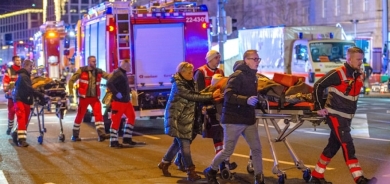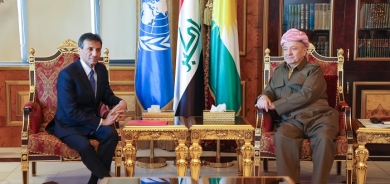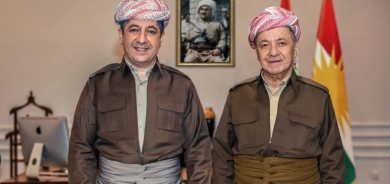Iranian "Morality Police" Resume Controversial Hijab Enforcement Patrols

Iranian police have announced the resumption of patrols aimed at ensuring women adhere to the country's strict dress codes, including the requirement to cover their hair in public, according to state media reports. The controversial "morality police" will return to the streets to enforce Iran's hijab laws, a police spokesman confirmed on Sunday.
The decision comes nearly ten months after the death of Mahsa Amini, a young woman who died in custody after being arrested in Tehran for allegedly breaking the dress code. Amini's death sparked widespread national protests, leading to a temporary suspension of the patrols. However, Islamic hardliners have been advocating for the patrols' reinstatement for some time.
Based on Iran's interpretation of Sharia law, women in the country are required to wear a hijab (headscarf) and don long, loose-fitting clothing to conceal their figures. The morality police unit is tasked with ensuring compliance with these rules and detaining individuals perceived to be dressed "improperly."
During the patrols, officers will initially issue warnings to women who are not adhering to the dress codes, according to police spokesman Saeed Montazerolmahdi, as quoted by the hardline Tasnim news agency. If individuals persist in disobeying orders, the police may resort to "legal action."
The death of 22-year-old Mahsa Amini last year occurred when she was arrested by the morality police in Tehran for allegedly wearing her hijab "improperly." She collapsed after being taken to a detention center for "education." Reports at the time suggested that officers had beaten Amini's head with a baton and slammed her head against one of their vehicles.
Amini's death sparked nationwide outrage and led to months of violent anti-government protests throughout Iran, resulting in the deaths of nearly 600 protesters, including several state executions. In the aftermath of the protests, many women opted to stop wearing hijabs altogether, marking a significant challenge to the rule of the clerics and the strict dress code imposed since the 1979 revolution.
Despite the widespread opposition and the increased visibility of women not wearing hijabs in public, the Iranian authorities responded by imposing stricter punishments. Businesses that did not comply with the hijab laws were forced to close.
While the protests showcased the determination of millions of Iranians opposing the dress code, there are still individuals who staunchly support its enforcement. However, some citizens believe that the authorities will struggle to reimpose the dress codes due to the high number of people who no longer comply. They argue that using violence and force against the population is an untenable option for the authorities.
Iran has had various forms of "morality police" since the revolution in 1979. The current iteration, officially known as the Guidance Patrol (Gasht-e Ershad), began conducting patrols in 2006. The exact number of personnel working for the force remains unclear, but they have access to weapons, detention centers, and "re-education centers."
In response to the violent crackdown on protesters in Iran, the United Kingdom and other Western countries imposed sanctions on the morality police and other senior security figures last year, denouncing their actions.
As the patrols resume, concerns persist regarding the impact on personal freedoms and individual rights, particularly for women in Iran. The enforcement of strict dress codes continues to be a divisive issue, reflecting the ongoing tension between conservative elements and those advocating for more social and cultural freedoms within the country.














